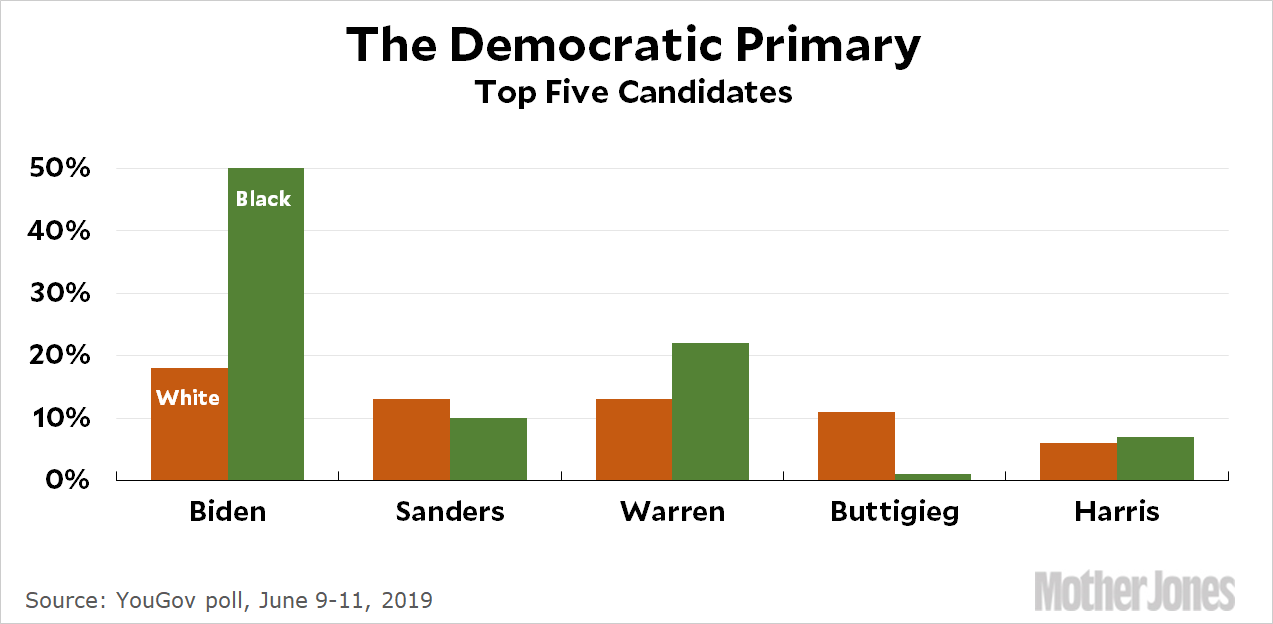As we all know, Joe Biden screwed up big time in remarks at a fundraising event on Tuesday. His topic was civility in politics. Here’s the pool report:
Mr. Biden then recalled his time serving in the Senate. “I was in a caucus with James O. Eastland,” Mr. Biden said, briefly channeling the late Mississippi senator’s Southern drawl. Mr. Biden said of Mr. Eastland, “He never called me boy, he always called me son.”
Mr. Biden then brought up a deceased Georgia senator, “a guy like Herman Talmadge, one of the meanest guys I ever knew, you go down the list of all these guys. Well guess what? At least there was some civility. We got things done. We didn’t agree on much of anything. We got things done. We got it finished. But today, you look at the other side and you’re the enemy. Not the opposition, the enemy. We don’t talk to each other anymore.”
Linguistically, the question is whether Biden was downplaying the racism of old-school Southern senators. The view of the twitterverse is that he was. The opposing view is that he was doing just the opposite: he was choosing the worst people he could think of to make a point that getting things done is always possible.
Politically, the question is whether it will hurt Biden. Nate Silver proposes a two-pronged test: (a) do average voters care about this? and (b) would it be a gaffe if anyone else had said it? Silver concludes that the answer to both is yes, so it’s likely that this will do Biden some damage.
Time will tell. But I have a different test: does this incident play into a preconceived notion about Biden? That is, before this did people think that maybe Biden wasn’t entirely reliable on racial issues? Among the Democratic base, the answer is yes: Biden’s opposition to busing; his treatment of Anita Hill; and the 1994 crime bill all make him problematic. But I don’t think any of that stuff has filtered up to the median voter. As far as they’re concerned, Biden is just fine on race:

The real question, I think, is whether Biden’s remarks will cut into his support among African Americans. If it does, that could do him some real damage.


















